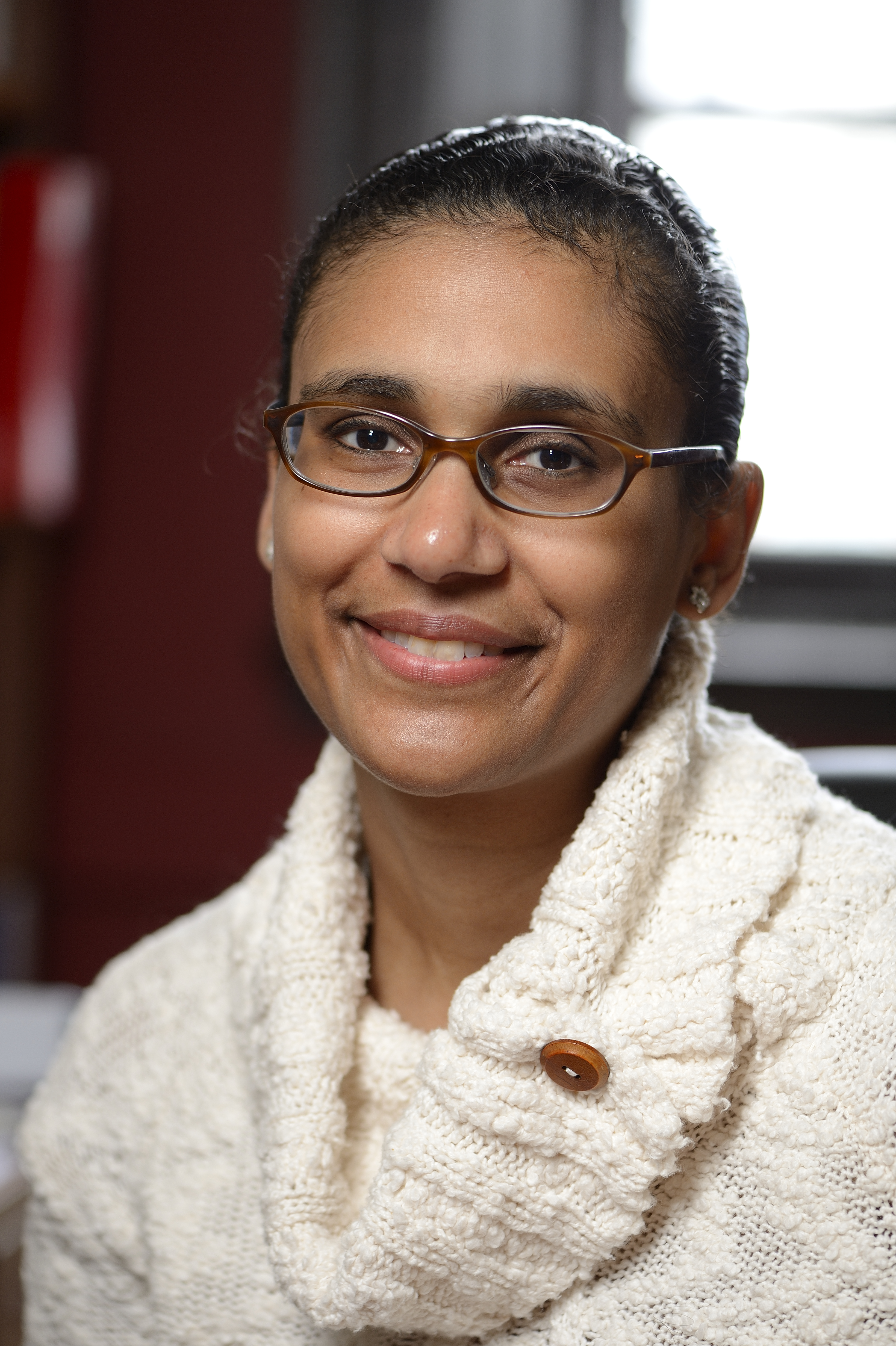uring normal operations an aircraft is operated by its autopilot. When the autopilot sense a dangerous condition, near or outside of the flight envelope, the autopilot disengages itself, returning control to the pilot. Well-trained pilots typically can deal with modest out-of-envelope challenges.
This research is to explore various approaches for a single-chip detector that (1) can record semiconductor-chip-package tampering activity without the need of a battery, (2) can be placed inside semiconductor chip packages through a nozzle-less droplet ejector, and (3) can be wirelessly interrogated without need to open up the semiconductor package.
Increasing wildfire costs---a reflection of climate variability and development within wildlands---drive calls for new national capabilities to manage wildfires. The great potential of unmanned aerial systems (UAS) has not yet been fully utilized in this domain due to the lack of holistic, resilient, flexible, and cost-effective monitoring protocols.
In societal-scale cyber-physical systems (SCPS), machine learning algorithms are increasingly becoming the interface between stakeholders---from matching drivers and riders on ride-sharing platforms to the real-time scheduling of energy resources in electric vehicle (EV) charging stations. The fact that the different stakeholders in these systems have different objectives gives rise to strategic interactions which can result in inefficiencies and negative externalities across the SCPS.
This NSF CPS project aims to redesign the information structure utilized by system operators in today's electricity markets to accommodate technological advances in energy generation and consumption. The project will bring transformative change to power systems by incentivizing and facilitating the integration of non-conventional energy resources via a principled design of bidding, aggregation, and market mechanisms. Such integration will provide operators with the necessary flexibility to operate a network with high levels of renewable penetration.
Distributed cyber-physical systems (CPS), where multiple computer programs distributed across a network interact with each other and with physical processes, are challenging to design and verify. Such systems are found in industrial automation, transportation systems, energy distribution systems, and many other applications. This project is developing a ?systems theory? for such applications that provides a good analytical toolkit for understanding how a system will behave when networks misbehave.
The future of cyber-physical systems are smart technologies that can work collaboratively, cooperatively, and safely with humans. Smart technologies and humans will share autonomy, i.e., the right, obligation and ability to share control in order to meet their mutual objectives in the environment of operations. For example, surgical robots must interact with surgeons to increase their capabilities in performing high-precision surgeries, drones need to deliver packages to humans and places, and autonomous cars need to share roads with human-driven cars.
Multi-agent coordination and collaboration is a core challenge of future cyber-physical systems as they start having more complex interactions with each other or with humans in homes or cities. One of the key challenges is that agents must be able to reason about and learn the behavior of other agents in order to be able to make decisions. This is particularly challenging because state of the art approaches such as recursive belief modeling over partner policies often do not scale.
Participatory science has opened opportunities for many to participate in data collection for science experiments about the environment, local transportation, disaster response, and public safety where people live. The nature of the collection by non-scientists on a large scale carries inherent risks of sufficient coverage, accuracy and reliability of measurements. This project is motivated by the challenges in data and predictive analytics and in control for participatory science data collection and curation in cyber-physical systems (CPS) experiments.
Animal agriculture has intensified over the past several decades, and animals are managed increasingly as large groups. As animals are often located remotely on large expanses of pasture, continuous monitoring of animal health and well-being is labor-intensive and challenging. This project aims to develop a solar sensor-based smart farm Internet-of-Things network, which is versatile, reliable, and robust to cyberattacks for smart animal monitoring and to demonstrate its operation and practicality on real farms.


